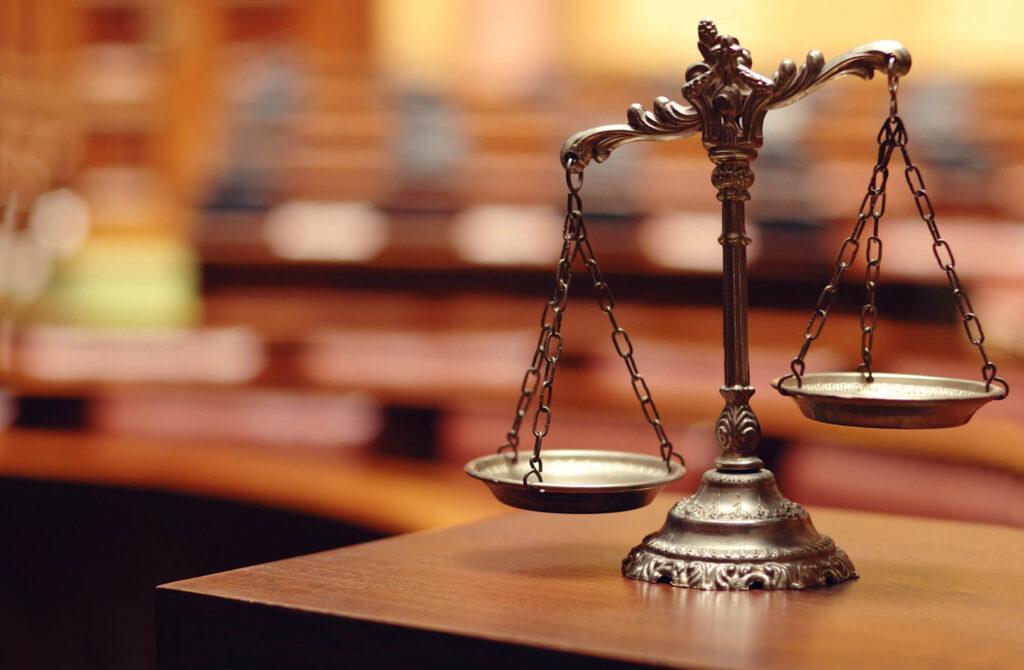
Innovation inside the auto industry has brought exciting change to the roadway. Self-operating vehicles were once considered science fiction, however, the infamous Tesla vehicles are currently all over the roads of Miami and with the help of its Autopilot system, Teslas are capable of self-driving. In California, the family of a 15-year-old who was tragically killed in a car accident involving an allegedly dangerous Tesla Model 3 is suing Tesla and blaming their proprietary Autopilot system for the crash. According to the lawsuit, the Model 3 contains “defects which posed an unreasonable risk of injury or death to consumers.” The Tesla travelled on Interstate I-880 at 69 miles per hour and accelerated to 70 miles per hour just two seconds before colliding into the rear-end of the decedent’s vehicle.
More on Autopilot Systems
Issues regarding the choices made by the proprietary Autopilot system are being raised. Further concerns are raised regarding Tesla’s claim of their vehicles’ ability to “self-drive”. As previously discussed regarding product liability cases, how does this case fit into the mold of product liability law in Florida? The family, or the estate of the decedent, must prove that Tesla has a defective product. The unique factor in the instant case is that the defect is alleged to be the Autopilot system. Here, some of the possible claims for auto product liability negligence would be under the following theories:
Failure to Warn
In this case, Tesla knew about the risks regarding its Autopilot system but failed to properly warn the consumer of them.
Defective Design
If the vehicle design, the Autopilot system, erred in its decision making process, then the manufacturer may be on the hook for the injuries resulting from the subsequent collision. Expert opinion and a thorough discovery process would have to help prove the defective design.
Defective Manufacturing
If a part of the Tesla was damaged during the manufacturing process or improperly constructed, it could present an unreasonable hazard. With regards to the Autopilot system, expert opinion would have to demonstrate any defective manufacturing of the computer system, aside from the proprietary code.
There are different possible claims for negligence against Tesla and its Autopilot system. These unprecedented self-driving vehicles have and continue to raise serious questions regarding the safety of their use. If you or someone you know has been injured in a Tesla, contact Aigen Injury Law, P.A., for experienced legal representation and compensation for your injuries.
